Description
CABLE CUTTER
A cable cutter is a specialized tool designed to cut through electrical cables, wires, rods, and other similar materials. They are typically used by electricians, construction workers, and DIYers for various electrical and general wire cutting tasks. Here’s a breakdown of their different types, uses, and some things to consider when choosing one:
Types of Cable Cutters:
-
- Bolt cutters: These are heavy-duty cable cutters with large blades designed for cutting through thick cables, rods, and even bolts.
- Diagonal cutters: Also known as diagonal pliers, these versatile cutters have angled jaws and are suitable for cutting wires, cables, and even small nails.
- Crimping cable cutters: These multi-function tools combine cutting blades for wires with a crimping tool for attaching connectors to electrical terminals.
- Shear cable cutters: These have a single, straight blade that shears through cable insulation cleanly. They are often used for coaxial cables or other applications where a clean cut is important.
General Uses of Cable Cutters:
- Electrical work: Cutting electrical wires, cables, and stripping insulation for connections.
- Telecommunications: Cutting and terminating coaxial cables, phone lines, and data cables.
- Construction: Cutting wires, cables, and rebar during construction projects.
- Marine and landscaping: Cutting wires, cables, and rigging for boats and landscaping applications.
- DIY projects: Cutting wires and cables for various household electrical projects or repairs.
Things to Consider When Choosing a Cable Cutter:
- Cutting capacity: Consider the thickness and type of cables you will be cutting most frequently. Choose a cable cutter with a jaw size and blade strength sufficient for the job.
- Cutting style: Decide if a shear cut (clean cut) or a crush cut (compresses the cable as it cuts) is more suitable for your needs. Shear cutters are better for clean cuts, while crush cutters may be better for softer materials or applications where a perfectly clean cut is not essential.
- Material: Cable cutters are typically made of forged steel for strength and durability. Look for ones with heat-treated blades for better longevity.
- Insulated handles: For electrical work, choose cable cutters with insulated handles to help protect you from electrical shock.
- Ease of use: Consider the size and weight of the cutter, and how comfortable it is to grip and use.
Safety Precautions When Using Cable Cutters:
- Wear safety glasses: Always wear safety glasses to protect your eyes from flying debris when cutting cables.
- Make sure the power is off: For electrical wires, always ensure the power is off and the circuit is de-energized before cutting.
- Use the right tool for the job: Choose a cable cutter with the appropriate capacity and cutting style for the cable you are cutting.
- Don’t cut live wires: Never attempt to cut a live wire with a cable cutter.
Overall, cable cutters are a valuable tool for electricians, construction workers, and DIY enthusiasts alike. By choosing the right type of cable cutter and following safety precautions, you can make clean and efficient cuts on various cables for your electrical and other projects.
• Drop forged carbon steel
• Dipped handle
• Packing: blister card
| STOCK NO. |
SIZE |
MAX. CUTTING CAPACITY |
QTY./CARTON |
| 38020 |
160mm, 6″ |
Ø6mm / 25mm2 |
60 |
| 38021 |
200mm, 8″ |
Ø7mm / 35mm2 |
48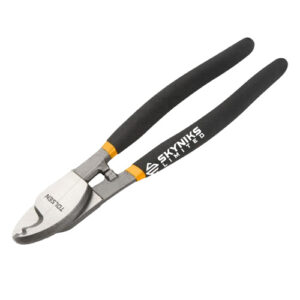 |
CABLE CUTTER
• Heavy duty
• Drop forged carbon steel
• Dipped handle
• Packing: blister card
| STOCK NO. |
SIZE |
MAX. CUTTING CAPACITY |
QTY./CARTON |
| 38022 |
250mm, 10″ |
Ø9mm / 60mm2 |
36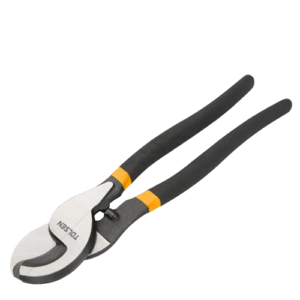 |

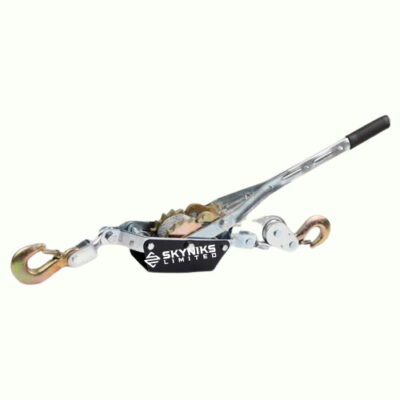





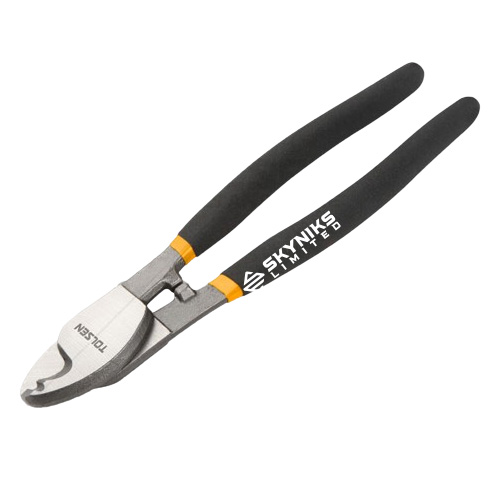


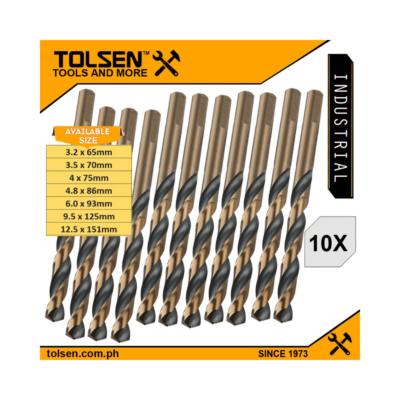
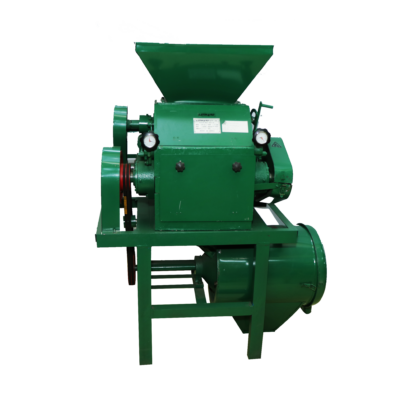
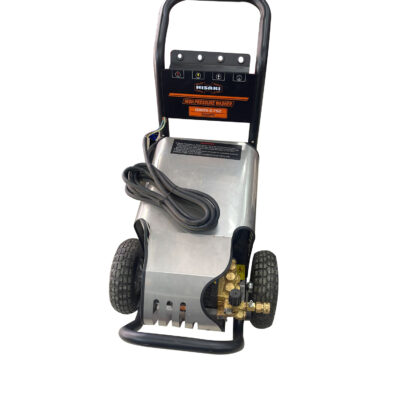
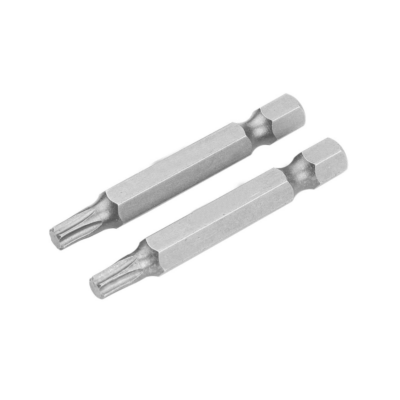
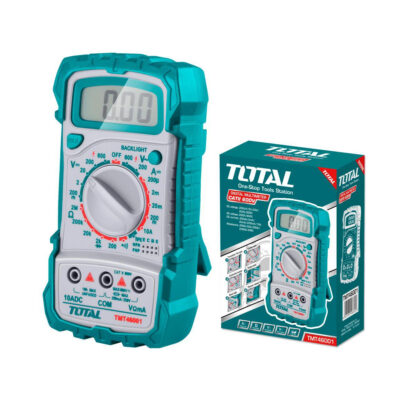

Reviews
There are no reviews yet.